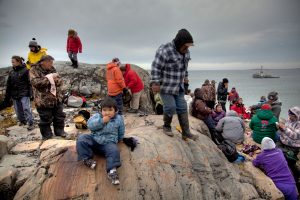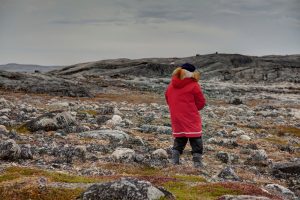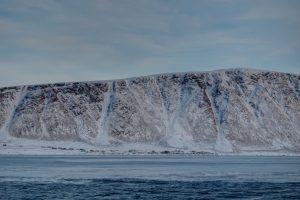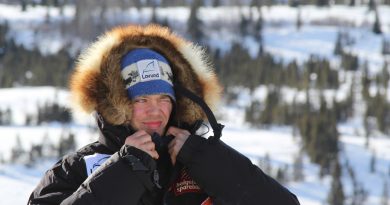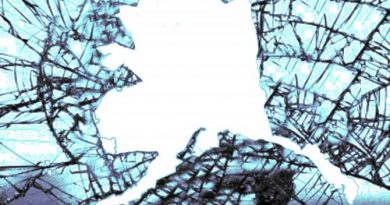Web doc sheds light on Inuit relocation in Arctic Canada
The relocation of Inuit from northern Quebec to Canada’s High Arctic in the 1950s is one of the darkest episodes in the history of Canada’s North.
Sadly, few Canadians are even aware of the story.
But a new documentary website has been launched this month to try to change that.
Called, Iqqaumavara (“I remember” in Inuttitut), the project is a co-production from the National Film Board of Canada and Makivik Corporation, the Inuit land-claims organization in the Canadian province of Quebec.
To find out more, Eye on the Arctic’s Eilís Quinn spoke to filmmaker Marquise Lepage:
Wretched conditions
In all, the Canadian government relocated 19 Inuit families from northern Quebec. The families were told the move would provide them with better hunting and living conditions.
Three Inuit families from the High Arctic community of Pond Inlet where recruited on the way with the idea that they would teach the Quebec Inuit how to adapt and hunt in the remote Arctic environment.
But once the families arrived in what is now Grise Fiord and Resolute Bay in the eastern Arctic territory of Nunavut, conditions were difficult and they endured sickness and hunger. Though the government had told the Inuit they could return to Quebec if they were not happy, this was not honoured at the time.
‘Like a death planet’
“It was a long way in the ship,” says Alacee Nungaq of the trip to Resolute Bay in one of Iqqaumavara’s feature interviews. “A very long, long time in the ship. Then we arrived to that awful place. We were so fightened. There was nothing. Nothing but nothing. It was already pretty cold. We got water from the ice. I couldn’t comprehend how we would ever eat. There was nothing. No food resrouce. Nothing.”
Markoosie Patsauq was 12 years-old when he and his family were relocated from Inukjuak, Quebec.
“It was like a death planet,” says Markoosie Patsauq on arriving in Resolute in 1953 in another of Iqqaumavara’s feature profiles.

Years later, the families contest the real reason for their relocation was to assert Canadian sovereignty in the Arctic.
Marquise Lepage, a filmmaker, and Martha Flaherty, whose family was one of the relocated, got the idea for the Iqqaumavara after working together on the 2008 documentary Martha of the North, which told her story of the relocation.
The Iqqaumavara website includes 40 feature interviews, short films, photos and archival documents.
The government of Canada issued a formal apology to Inuit for the relocation in 2010.
Watch the trailer for Iqqaumavara:
Related links from around the Arctic:
Canada: Inuit leaders blast EU seal ban as appeal underway in Geneva, Eye on the Arctic
Finland: Finland’s Arctic languages under threat as Sami move south, Yle News
Sweden: Indigenous Saami reindeer herders driven away from mining conference, Radio Sweden
United States: Salmon run’s survival trumps religious rights of Alaska Native fishermen: judge, Alaska Dispatch

